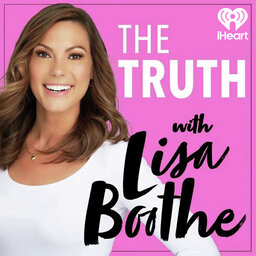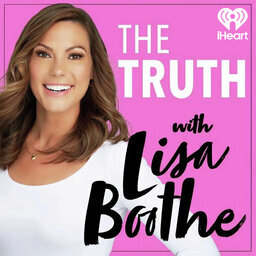Clean
The Truth with Lisa Boothe: Trump's Economic Strategy with Charles Gasparino
In this episode, Lisa welcomes FOX Business Senior Correspondent, Charles Gasparino, to discuss the economic landscape post-"Liberation Day." The conversation delves into market volatility, U.S.-China trade negotiations, and the impact of Trump administration policies. Gasparino critiques the aggressive trade strategies and highlights the interconnectedness of global economies. He also discusses his book "Go Woke, Go Broke," examining the shift towards progressive values in corporate America and the resulting consumer backlash. The Truth with Lisa Boothe is part of the Clay Travis & Buck Sexton Podcast Network - new episodes debut every Tuesday & Thursday.
Follow Charles on X
Buy Charlie's NEW Book 'Go Woke, Go Broke' HERE
 The Truth with Lisa Boothe
The Truth with Lisa Boothe



